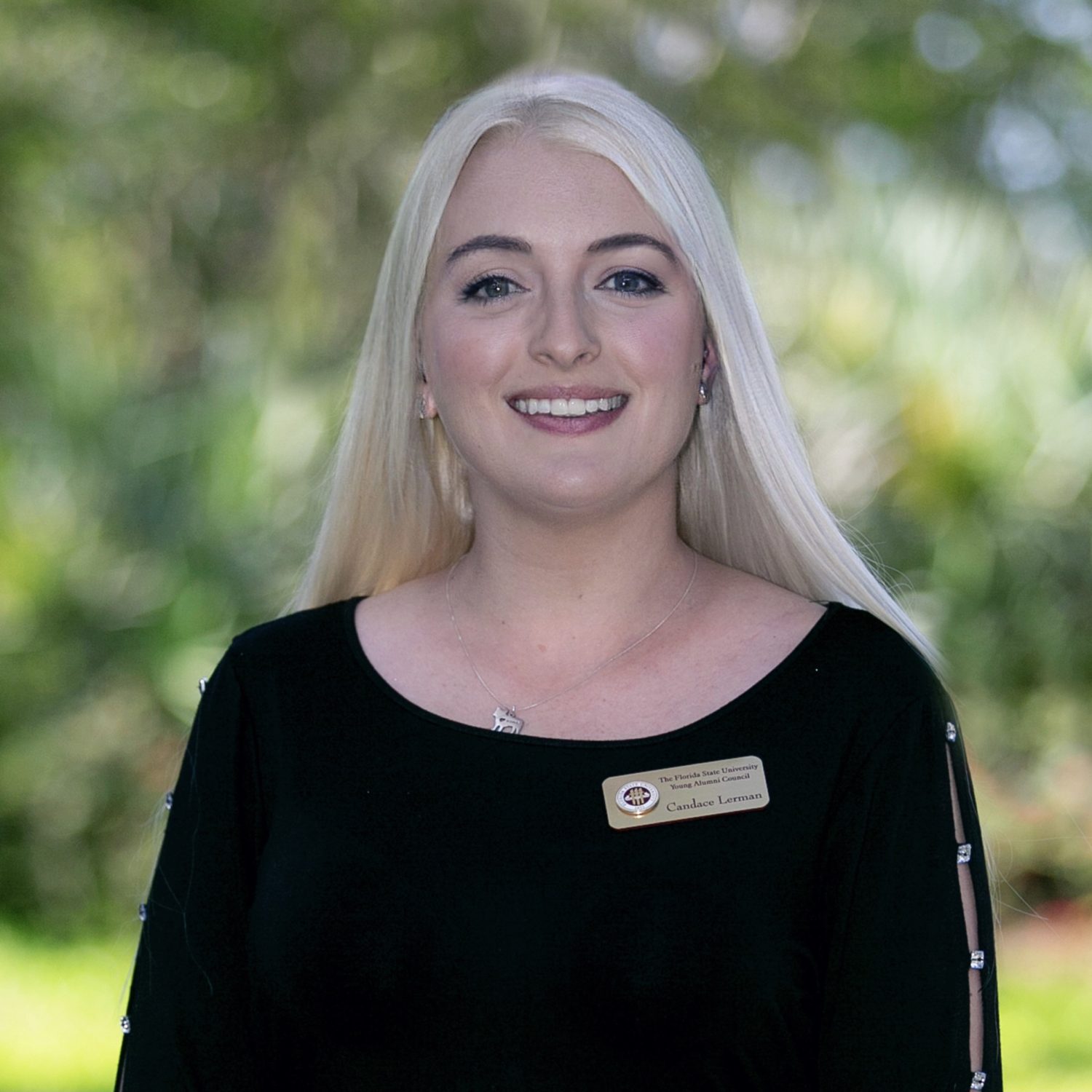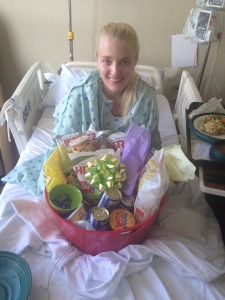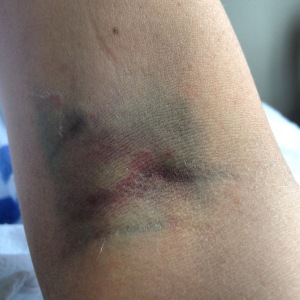I see this question all over the internet. I was just told I have a rare disease, what do I do? Who do I turn to? What medications should I take? Am I going to die? There is no step by step guide to how to handle these issues. We don’t even have a set course of treatment for most conditions, everyone is different! And yes, you can die. At some point every single one of us will. You just cannot live in the shadow of that fear because it will not help you excel in your day to day activities.
I’m going to answer a few questions that I get asked. These apply to all rare disease patients, not just for those of us with ITP. This is based on my experiences, some of which were absolutely terrifying.
1. How do I choose a doctor? I went through 3 doctors at the hospital when I was diagnosed. The first one came in and told me if my platelets dropped after my first dose of prednisone I didn’t have ITP (that happened and I freaked out). The second doctor came in and ordered a few tests, but separate from the CBC that was coming at 2pm. The results are above, I had 3,000 platelets so my veins collapsed. It was extremely painful and I was gawked at for weeks because I looked like a drug addict. The third doctor was great, but not well equipped to handle ITP. My parents ended up researching hematologists and we found Dr. Ahn at the University of Miami. I always suggest heading to a research/teaching hospital if at all possible. They are “in the know” about the latest treatments. You have to trust your gut and find a doctor that works WITH you.
2. Where do I turn for support? I remember sitting in my hospital bed and googling ITP, which is how I came across the Platelet Disorder Support Association. If your rare disease has a group, that is the best place to start. I also found a few pages on Facebook and connected with other patients on Instagram and Twitter. Hearing other patients’ experiences really helped me work with my doctors to decide on treatment plans. There isn’t a lot of research out there for ITP, so you have to do it yourself. Just be wary of people trying to sell you magical vitamins, or those that are always so freaked out that they stress out an entire group. It is not healthy to associate with toxic people, especially when discussing your rare disease!
3. How do I explain my illness to others? This is one of those things that depends on the context of conversation, who you are talking to, what disease you have, etc. For me, my disease is rare and serious so I try to be light hearted but informative. With the recent death of Damien Gurganious from Big Brother, people are a little more aware of the risks I face. I created a sort of “elevator pitch” for ITP that explains what I have, how I’m treating it and what the future holds. Mine is something like: “I have a rare, autoimmune blood disorder called Immune Thrombocytopenia or ITP for short. My body destroys platelets which leaves me at risk for deadly internal bleeding. I recently completed experimental chemotherapy with Rituxan in hopes of having a temporary remission. There is no cure for ITP.” This covers all the bases, and leaves people open to ask questions. I wouldn’t suggest doing this if you don’t want to talk about your disease.
There is more I can cover, but these are the basics that I wanted to touch on. Remember that you are your #1 advocate. Never be afraid to speak up!


